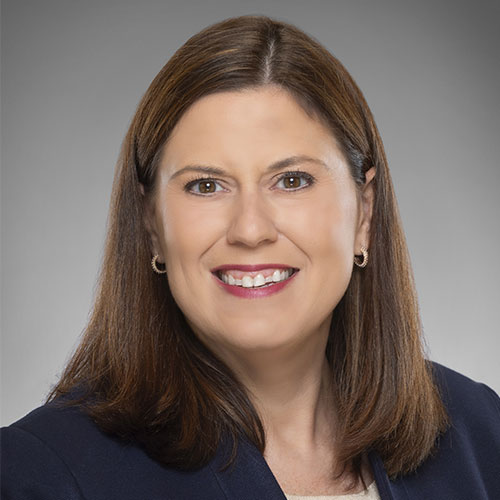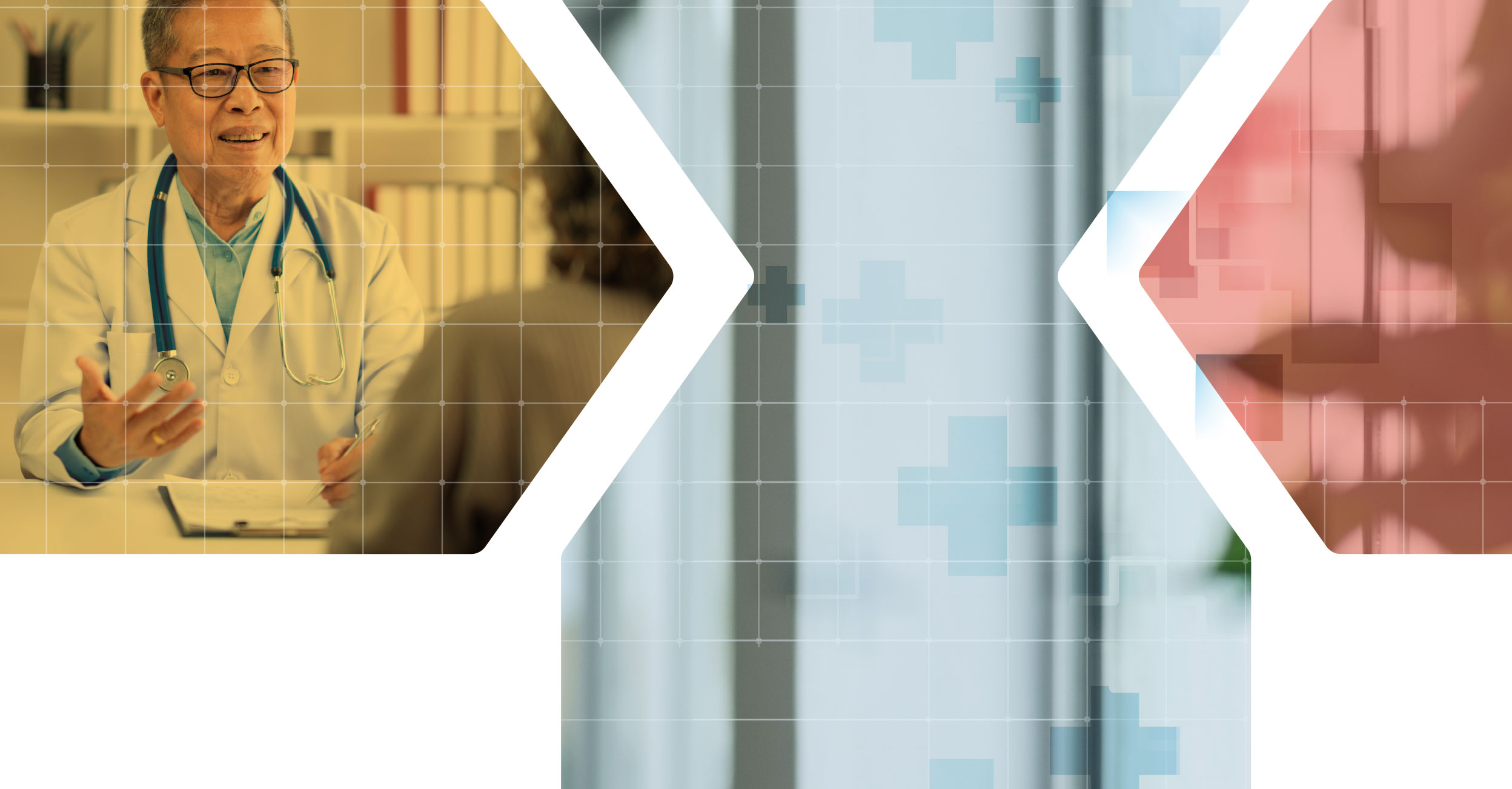During the pandemic, those who used to prefer participating in live meetings or attending conferences to receive their CME credits had to adapt and find alternatives. Online or virtual CME courses had long been a viable option for receiving credits, but the unusual circumstances of the past year prompted many clinicians to further explore all the options they have available to them. Some discovered unique opportunities online which were both affordable and more accessible, but now we’re starting to see more face-to-face opportunities being offered.
Different types of CME opportunities
The medical industry is constantly evolving, so it’s important to stay informed. CME courses allow clinicians to stay up-to-date on numerous topics: Improving patient care, challenges in the industry, new tools, quality of care, professional growth and more.
Live meetings used to require the time and resources necessary for travel, but the pandemic has prompted many conferences and workshops to offer sessions in a hybrid format, both in person and virtually. This allows busy clinicians to actively participate in meetings without having to leave the comfort of their home or office while still being able to interact with colleagues and earn credit.
The ability to receive CME credit asynchronously through virtual courses at your own pace and on your own schedule is still an appealing option for many clinicians because of the flexibility this option affords. You can access courses anywhere you have an internet connection without having to take extended time away from your patients or request travel funding.
Other ways physicians and advanced practitioners can earn CME credits include reviewing manuscripts for medical journals or contributing original articles for publication, contributing to the development of testing materials, teaching a certified CME activity to others and more. For a more thorough list of types of activities and CME accreditation information, the American Medical Association has put together a document of frequently asked questions with helpful information and explanations.
Resources for finding CMEs
NetCE is an excellent resource for physicians and advanced practitioners who are ready to start searching for specific CMEs. It allows you to search by both state and title, and each search automatically pulls up a brief synopsis of your state’s requirements for your profession that you’re able to expand for more detailed information. CME opportunities are broken down into different categories such as community health, ethics, infection management and more to make it easier to receive CME credits based on your interests and what would be most beneficial to your practice.
Each NetCE search also pulls up a category for free CME credit opportunities and special offers. For example, NetCE is offering a free CME credit course relevant to all specialties called “The Coronavirus Disease (COVID-19) Pandemic.” It is a two-credit hour course that is updated regularly to ensure physicians and advanced practitioners are receiving the most up-to-date information possible.
Medscape
Medscape isn’t just an excellent resource for current healthcare articles and survey reports; it’s also an excellent resource for finding free CME credit opportunities. The free CME credit opportunities are broken down by specialty, or you can filter CME results by topic, number of credits, format and type.
Another benefit of Medscape is the site’s activity tracker. It’s a straightforward tool that keeps track of each of the free CME credits you’ve earned through the site as well as your in-progress CMEs. The only caveat is it’s important to ensure the free CME courses you’ve selected from Medscape will allow you to meet your specific credit requirements.
myCME
MyCME is helpful for physicians and advanced practitioners who are looking to gain more in-depth knowledge from their CME courses. The site allows you to view resources by topic and by what’s new on the site, and it also features different series for those looking to learn as much as they can about a certain condition or treatment.
MyCME is also a great option for physicians and advanced practitioners who wish to attend live meetings to receive CME credits. You can easily access a list of live, virtual events, many of which offer free CME credits. These live courses are accessible, allowing you to enter from anywhere in the world without the cost or hassle of traveling to a venue.
Hot Topics in CMEs
Social justice issues are relevant to physicians and advanced practitioners in every specialty. For this reason, the Accreditation Council for Continuing Medical Education (ACCME) has compiled resources which will help providers ensure they have the most up-to-date information about relevant social justice topics so they can provide their patients with the highest-quality care. It includes trainings on empathy, addressing diversity, equity and inclusion and more. Physicians and advanced practitioners can also find opportunities tailored to their practice by searching their specialty along with the words “diversity, equity and inclusion.”
It’s imperative for the wellbeing of their patients that physicians and advanced practitioners think beyond simply receiving credits for completing CMEs and make choices which will allow them to be better informed about how every aspect of a patient’s circumstances plays a significant role in their health and wellbeing. By gaining a better understanding of the challenges their patients face, they’re in an ideal position to forge more meaningful connections with them, whether it’s in person at in-office appointments or through a screen during telemedicine appointments.

About the author
Brooke Thompson
Senior Vice President, Customer Operations
Brooke began her career with Jackson Healthcare, LocumTenens.com's parent company, as a college intern in the summer of 2002. In 2004, she was hired by the Customer Care department at LocumTenens.com and swiftly moved up the management ladder. She was promoted to director of the Customer Care division in 2006 and to vice president in 2011 and senior vice president in 2018. As Senior Vice President of Customer Operations, her responsibilities include quality management for the company and oversight of the Customer Care department, CVO, Licensing and Travel. Brooke holds a Bachelor of Science degree in management with an operations management specialization from the Georgia Institute of Technology.





